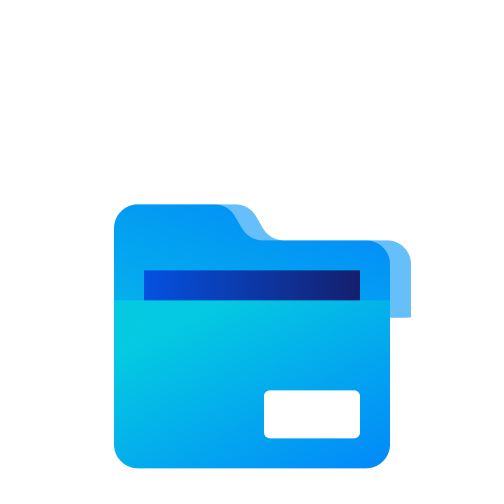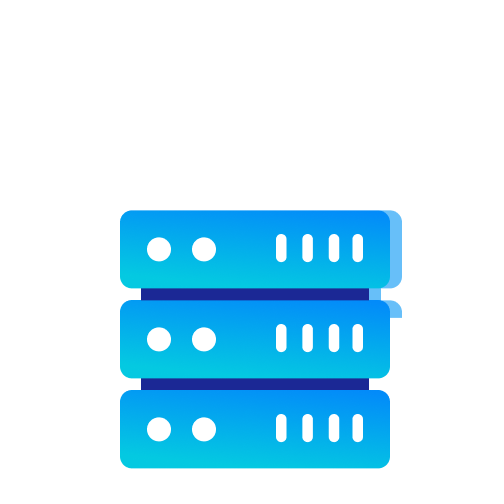Securing Data Access with Precision and Control
Design clear, tailored roles to align permissions with organizational needs.
Define granular access rights to ensure users see only what they’re authorized to.
Continuously track data access patterns to detect and address unauthorized activity.
Implement robust controls to maintain compliance and security across all data interactions.
Streamline roles and access rules to balance security with operational efficiency.
Provide detailed insights and logs to support compliance and accountability.


Without clear ownership, data silos and inconsistencies emerge. We implement structured frameworks that assign data owners, ensuring accountability for data management and governance.

Ensuring proper access to data minimizes security risks and unauthorized modifications. We create policies that define who can access, modify, and share data within your organization.

Regulatory compliance requires structured governance and accountability. Our solutions align stewardship policies with industry regulations such as GDPR, HIPAA, and SOC 2 to ensure compliance.

Tracking stewardship efforts and ownership efficiency is critical for long-term success. We implement monitoring solutions that generate performance reports and maintain complete audit trails.

Chief Data Officer
5.0 RATING

IT Director
5.0 RATING

CEO
“Data inconsistencies slowed us down – until C-Suite Data revamped our infrastructure. Their audit process uncovered hidden flaws and boosted our efficiency.”
5.0 RATING

VP of Operations
5.0 RATING

Data Governance Manager
5.0 RATING